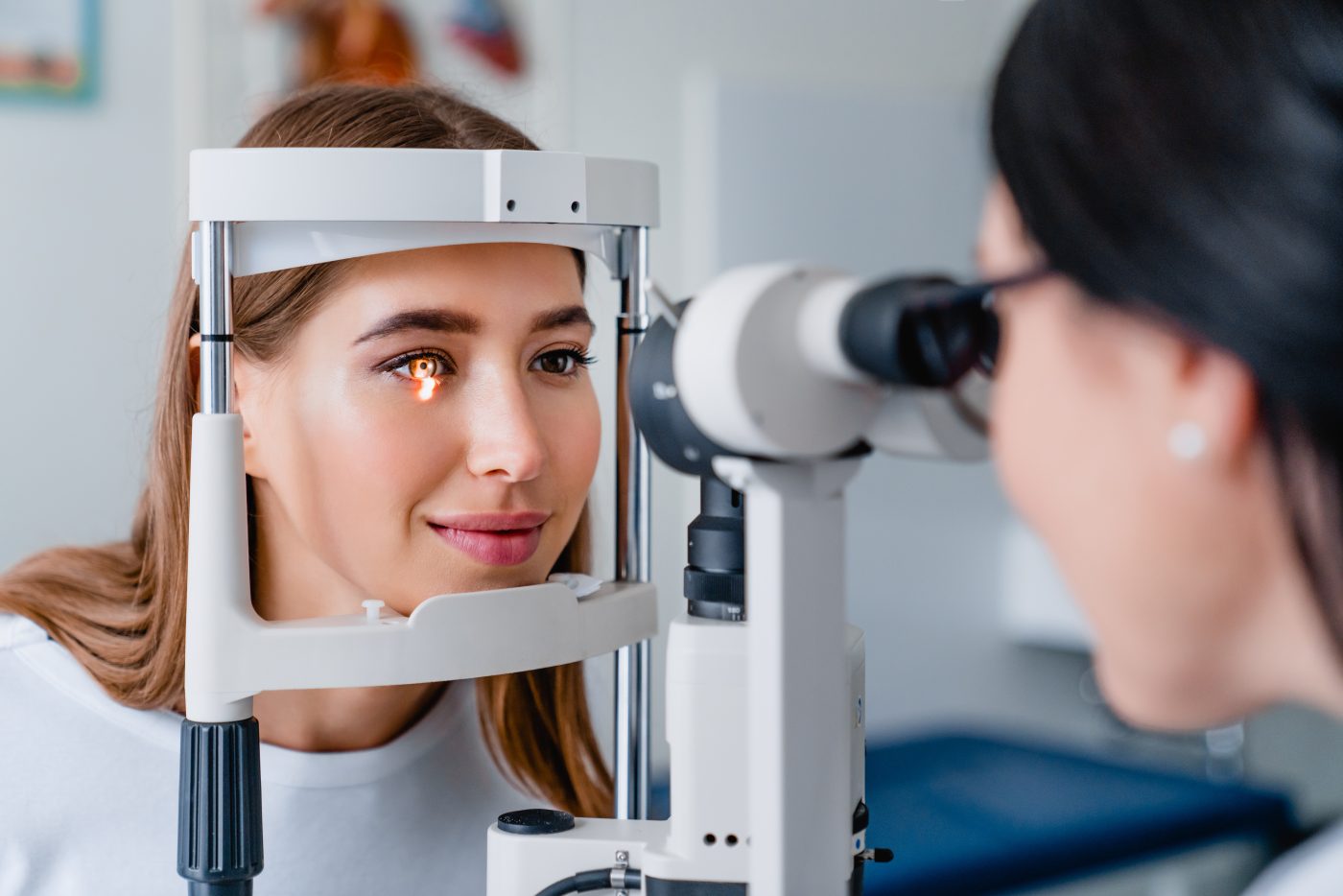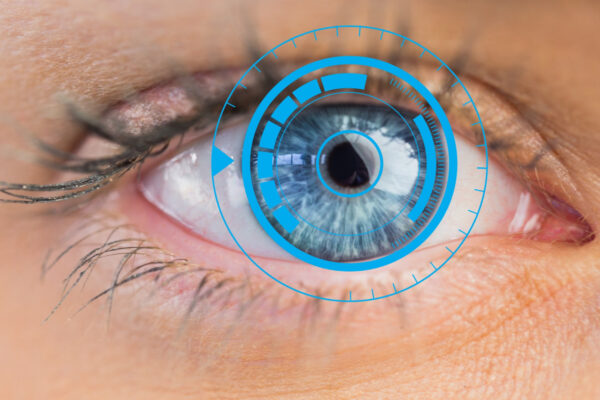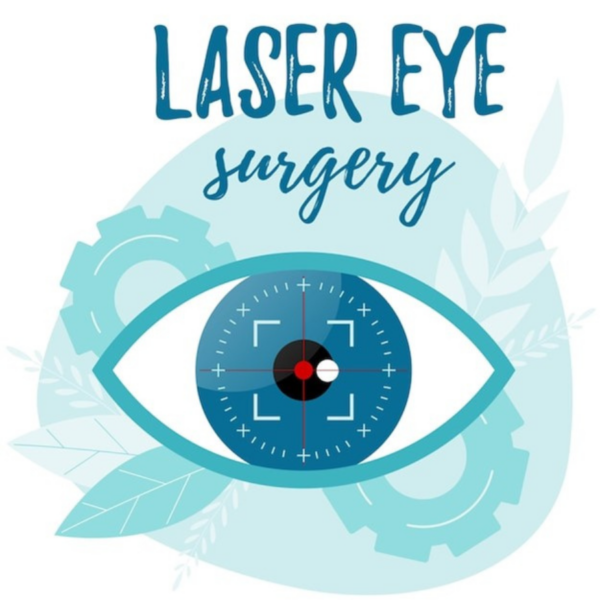Cataract surgery is a common procedure that restores vision by removing the clouded natural lens of the eye and replacing it with an artificial intraocular lens (IOL). However, some patients who have undergone cataract surgery may still experience vision issues that LASIK could potentially correct.
The question arises: Can you have LASIK after cataract surgery? The answer is yes, but there are several factors to consider.
Understanding LASIK and Cataract Surgery
LASIK (Laser-Assisted In Situ Keratomileusis) is a laser vision correction procedure that reshapes the cornea to correct refractive errors like myopia (nearsightedness), hyperopia (farsightedness), and astigmatism. LASIK boasts a quick recovery time and a 92% success rate.
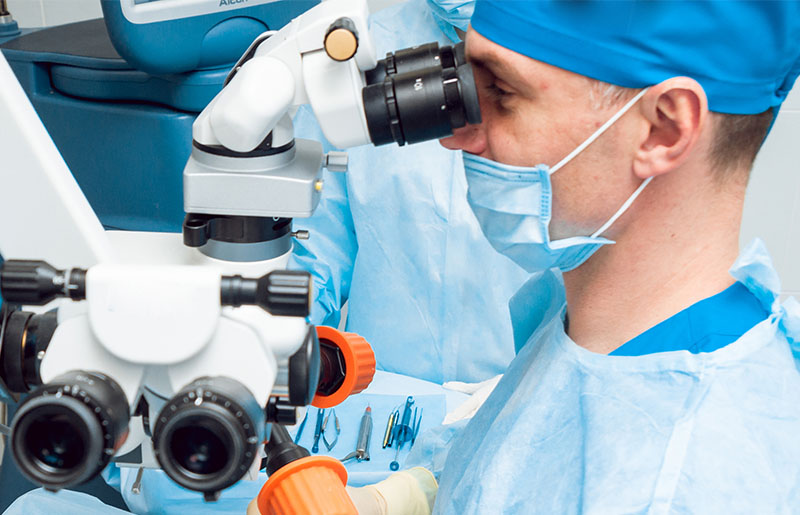
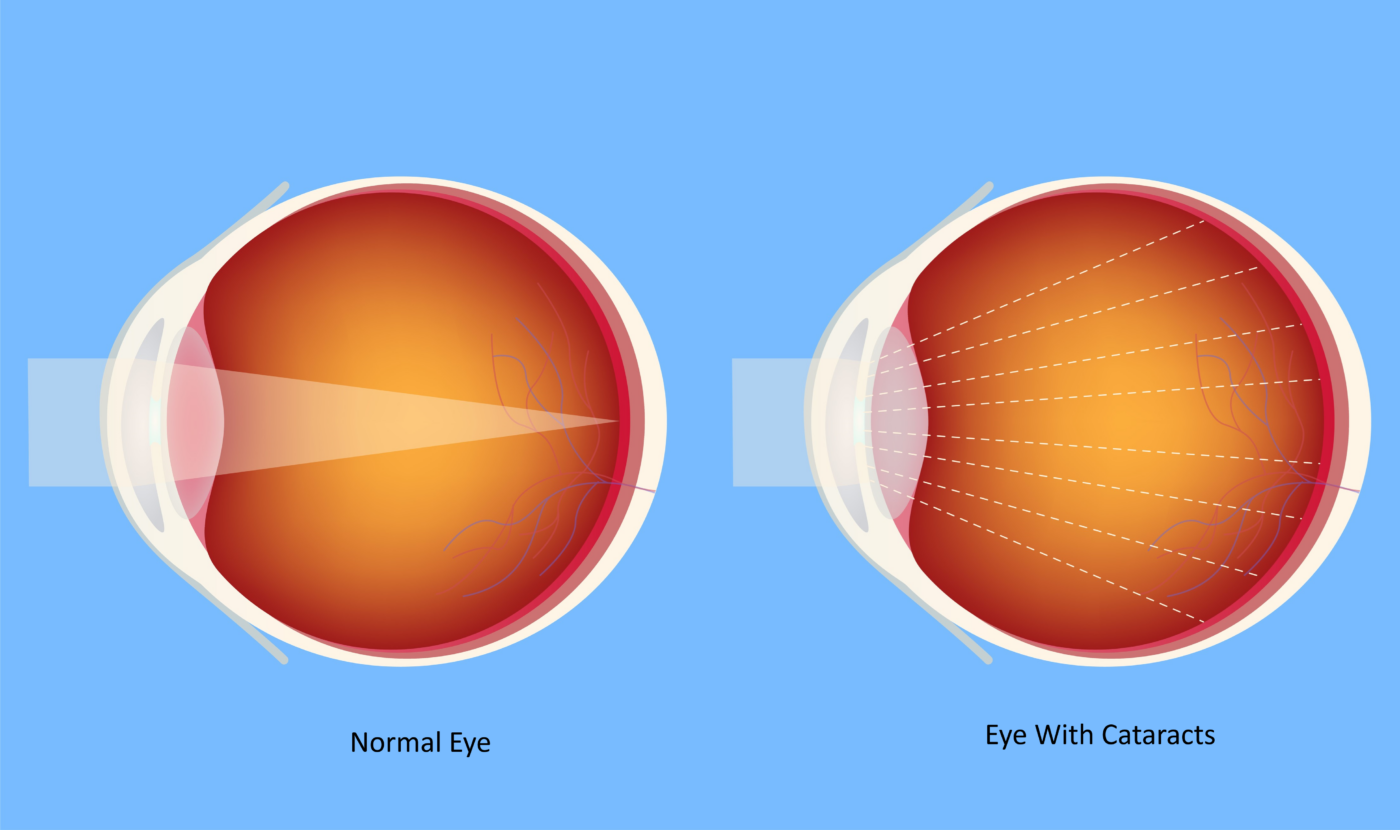
Cataract Surgery, on the other hand, involves removing the eye’s natural lens that has become clouded due to cataracts and replacing it with an artificial lens. This surgery is highly effective in restoring clear vision, but it does not address other refractive errors that the patient might have had before the cataract developed.
When LASIK May Be Needed After Cataract Surgery
After cataract surgery, some patients might still experience refractive errors. These could include:
- Residual Nearsightedness or Farsightedness: Despite the new IOL, some patients may still need glasses or contact lenses to see clearly at certain distances.
- Astigmatism: This condition might not be fully corrected by cataract surgery alone, especially if a toric IOL (designed to correct astigmatism) was not used.
Candidacy for LASIK After Cataract Surgery
To determine if you are a good candidate for LASIK after cataract surgery, an ophthalmologist will consider several factors:
- Stable Vision: Your vision must be stable for at least six months after cataract surgery. This stability ensures that any residual refractive error is not due to ongoing changes in your eye.
- Healthy Cornea: The cornea must be healthy and have adequate thickness. LASIK involves reshaping the cornea, so a thin or unhealthy cornea might not withstand the procedure.
- Overall Eye Health: It’s crucial to evaluate conditions like dry eye, glaucoma, or retinal problems, as they can impact the safety and effectiveness of LASIK.
- Patient Expectations: It’s important to have realistic expectations. LASIK can reduce dependence on glasses or contact lenses, but it may not eliminate the need for them.
Alternatives to LASIK
For some patients, LASIK might not be the best option after cataract surgery. Alternatives include:
- PRK (Photorefractive Keratectomy): This is another type of laser vision correction that can be an option if the cornea is too thin for LASIK.
- Lens Exchange: In most cases, the IOL implanted during cataract surgery can be exchanged for a different lens that better corrects refractive errors.
Final Word
Yes, you can have LASIK after cataract surgery, but it requires a thorough evaluation by an experienced LASIK specialist to ensure it is the right choice for you. Your eye health, the stability of your vision, and your specific refractive needs will all play a role in determining the best approach to achieving the clearest vision possible.
If you are considering LASIK after cataract surgery, schedule a free consultation at The LASIK Vision Institute to discuss your options and undergo a comprehensive eye examination. With the right care and treatment, you can achieve improved vision and a better quality of life.

Find a LASIK Surgery Location Near You
We’re located nationwide – it’s easy to find a LASIK Vision Center near you.
Categories:
